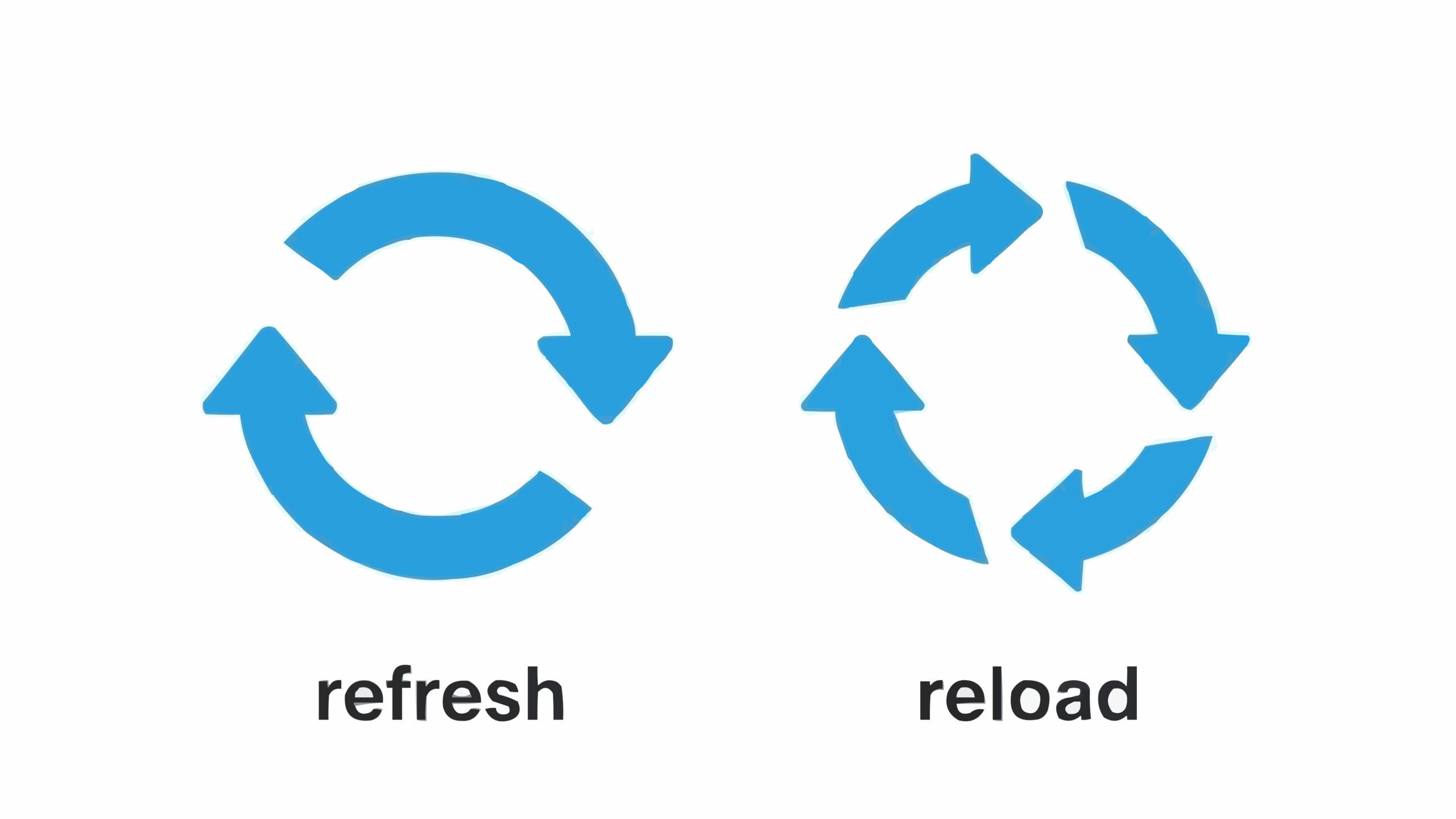What You Can’t Remove From Google Without a Court Order

The internet rarely forgets. A single negative article, outdated legal record, or unflattering image can stay visible in Google search results for years, impacting your reputation long after the original event. In many cases, it’s possible to remove content from Google by submitting a removal request. But when it comes to certain categories of information, a court order may be the only viable path.
Why Some Information Is Hard to Remove from Google
Google aims to strike a balance between individual privacy and public access to information. Its removal policies are strict for legal reasons and are designed to avoid suppressing content that may be in the public interest. While the company provides tools for users to submit removal requests, especially for personally identifiable information (PII), certain categories—like public court documents or criminal records—are typically exempt unless a judge intervenes.
Google’s systems index vast amounts of data across millions of sites. Once that data becomes part of the search results, it remains unless:
- It violates Google’s content policies
- The website owner removes or blocks it
- A legal authority mandates its removal
Additionally, some information remains accessible because it is archived on multiple websites or aggregated by third-party services, making removal even more challenging. This highlights the importance of understanding the limits of Google’s removal capabilities and the potential need for legal intervention.
What You Can Remove Without a Court Order
Google has made it easier to remove certain types of sensitive content, especially when it poses a risk to safety or privacy. Using Google’s removal tool, users can submit removal requests for:
- Personal contact info: phone numbers, addresses, and email addresses
- Personally identifiable information: government IDs, medical records, financial data
- Explicit images shared without consent
- Outdated content is no longer available on the source website
To request removal:
- Visit the Google removal request form
- Select “Remove result.”
- Provide the URL, a screenshot, and the reason
- Confirm the request and wait for notification of approval or denial
Most cases are evaluated in a few hours to a few days. You’ll receive an email confirmation once your request is complete.
It’s essential to note that while Google can remove these results from its search engine, the content may still be accessible on the original website or other search engines. Therefore, proactive monitoring and direct contact with website owners can be effective complementary strategies.
What You Can’t Remove Without a Court Order
Even if the content is damaging, some types of information can only be removed from Google if you obtain a court order. These typically include:
1. Criminal Records and Mugshots
Content related to arrests, convictions, or sentencing is often classified as public record. Google won’t remove these from search results unless a judge orders their removal, or the records are legally expunged or sealed. Many sites that publish mugshots or case details refuse to delete content without court documentation.
2. Bankruptcy Filings and Court Decisions
Legal decisions and filings, even those that are outdated or resolved, remain indexed in search engines unless a court determines that they should be deindexed. Google considers these part of the public interest.
3. News Articles and Media Coverage
News stories, even if outdated, are not subject to removal unless proven to be false and defamatory. Editorial content, especially from reputable sources, is rarely taken down without litigation.
4. Government Records
Property records, licensing data, and other government-issued documents are almost never removed unless you can demonstrate legal harm and secure a court order.
5. Other Public Records and Data
Certain other public records, such as professional licenses or regulatory filings, may also be exempt from removal without legal authority, reflecting the public’s right to access such information.
How to Obtain a Court Order to Remove Content
To remove content from Google that falls under these categories, you’ll need to:
- Consult a reputation attorney who understands digital defamation, privacy law, and search engine policy.
- Gather evidence of harm, including screenshots, search rankings, and any correspondence with the website owner.
- File a legal complaint in civil court requesting a takedown order or de-indexing order.
- Once approved, submit the court order to Google via their legal removal request system.
Without court approval, Google will often deny removal requests involving public records or content that is contested. The legal process can be lengthy and costly, but it is sometimes the most effective way to protect your online privacy and reputation.
Alternative Options When Legal Removal Isn’t Feasible
If you can’t get a court order or your request is denied, the next best option is content suppression:
- Publish positive content: Create new blog posts, press releases, and social media pages that push down negative results
- Optimize SEO: Use on-page SEO, meta descriptions, and backlinks to promote favorable URLs
- Engage a reputation management company to handle strategy and execution
You can also contact the website owner directly to request the removal of content. In some cases, site administrators are open to revising or deleting content without legal pressure.
Google’s Tools and Resources
Google provides several resources to help users manage their presence:
- Google’s Removal Tool: Allows you to request the removal of personal info, explicit images, and outdated content
- Google App “Results About You”: Enables users to monitor and request the removal of personal info found in search results
- “Three dots” menu in search: Click the three dots next to a result to evaluate more details about the site and submit feedback
- “More help” links within Google’s support pages for escalated assistance
Proactive monitoring is key. You can set up Google Alerts to track new results tied to your name and act quickly before negative content gains traction. Additionally, regularly reviewing your online accounts and privacy settings can help reduce the risk of unwanted personal info appearing in search results.
Final Thoughts
While you can request the removal of some personal info from Google, the search engine will not remove public records, legal documents, or news articles without a court order. Understanding what can and can’t be removed—and knowing how to respond—can help protect your online reputation.
In many cases, legal action is a last resort. But for sensitive or damaging content that violates your rights, it may be the only effective path.
Need Help?
If you’re unsure where to start or need assistance submitting a removal request or obtaining a court order, InternetReputation can help guide you through the process. Our team specializes in helping individuals and businesses take control of their online search results, regardless of the complexity of the situation.


